1. The heart works hard and needs support from us to keep pumping.
2. Hawthorn, Motherwort, CoQ10, Magnesium, & garlic support heart and blood vessels.
3. Keep your heart healthy by exercising, seeing the dentist, and eating heart-healthy foods.
The heart is an amazing organ that continuously pumps oxygenated blood throughout the body to sustain life. Did you know that your amazing heart pumps around 7,500 liters of blood and beats approximately 115,000 per day? In one year, the heart pumps approximately 2.77 million liters of blood!
Multiply those numbers by a lifetime, and we begin to grasp how imperative it is to maintain a healthy heart regimen by eating the right foods, exercising, and supplementing. Certain nutrients can positively influence blood pressure, triglyceride levels, cholesterol levels, and inflammation, all risk factors for heart disease. It is important to consult with your primary healthcare practitioner when adding anything new to your diet, especially if you are taking prescription medications.
Let’s explore the Top 5 Nutrients supported by research to maximize your heart health:
Hawthorn, Motherwort, CoQ10, Magnesium and Garlic


Hawthorn (Crataegus species) has been used to treat heart disease since the 1st century. By the early 1800s, American doctors used it to treat circulatory disorders and respiratory illnesses. (1)
Hawthorn leaves and berries contain potent antioxidants known as bioflavonoids, polyphenols, flavonoids, and procyanidins. These antioxidants have anti-inflammatory properties, protect blood vessels from damage, improve blood flow, lower blood pressure, and improve cholesterol levels. (2)
Studies have also supported using hawthorn for centuries as a digestive aid. Its fiber and prebiotic content have been shown to aid digestion by reducing the transit time of food in the digestive system while feeding the healthy gut bacteria that are vital to maintaining a healthy digestive tract. (3)
The recommended dose for healing, also known as Therapeutic Range, is between 300 – 750 mg. Possible interactions may occur when taking prescription blood pressure medications, blood thinning medications, and supplementing with Hawthorn. Always consult a trusted healthcare provider before adding supplements to your diet. (4)

Hawthorn (Crataegus species) has been used to treat heart disease since the 1st century. By the early 1800s, American doctors used it to treat circulatory disorders and respiratory illnesses. (1)
Hawthorn leaves and berries contain potent antioxidants known as bioflavonoids, polyphenols, flavonoids, and procyanidins. These antioxidants have anti-inflammatory properties, protect blood vessels from damage, improve blood flow, lower blood pressure, and improve cholesterol levels. (2)
Studies have also supported using hawthorn for centuries as a digestive aid. Its fiber and prebiotic content have been shown to aid digestion by reducing the transit time of food in the digestive system while feeding the healthy gut bacteria that are vital to maintaining a healthy digestive tract. (3)
The recommended dose for healing, also known as Therapeutic Range, is between 300 – 750 mg. Possible interactions may occur when taking prescription blood pressure medications, blood thinning medications, and supplementing with Hawthorn. Always consult a trusted healthcare provider before adding supplements to your diet. (4)
Motherwort, also referred to as Lion’s Tail, has been used for centuries as a medicinal herb to treat heart disease and other physical and emotional conditions like menstrual distress, anxiety, and depression. (5)
In recent years, scientific evidence further supports the use of motherwort for heart conditions, including heart failure, irregular heartbeat, and heart symptoms caused by anxiety. This is partly due to its numerous plant-based compounds, antioxidants, and anti-inflammatory properties, including flavonoids, sterols, triterpenes, tannins, and alkaloids. For example, leonurine, an alkaloid compound found in motherwort, promotes the relaxation of blood vessel walls. (6)(7)(8)(9)(10)(11)
Countries such as Germany have authorized the use of motherwort to treat heart palpitations, anxiety, nervous disorders, and an overactive thyroid, which also causes irregular heartbeats. (12)
Herbalists consider motherwort an excellent herb for supporting a healthy parasympathetic nervous system. The American Pharmacopoeia considers it an herb utilized for “gladdening and strengthening the heart.” The recommended Therapeutic Range is between 250-500mg per day. (13)
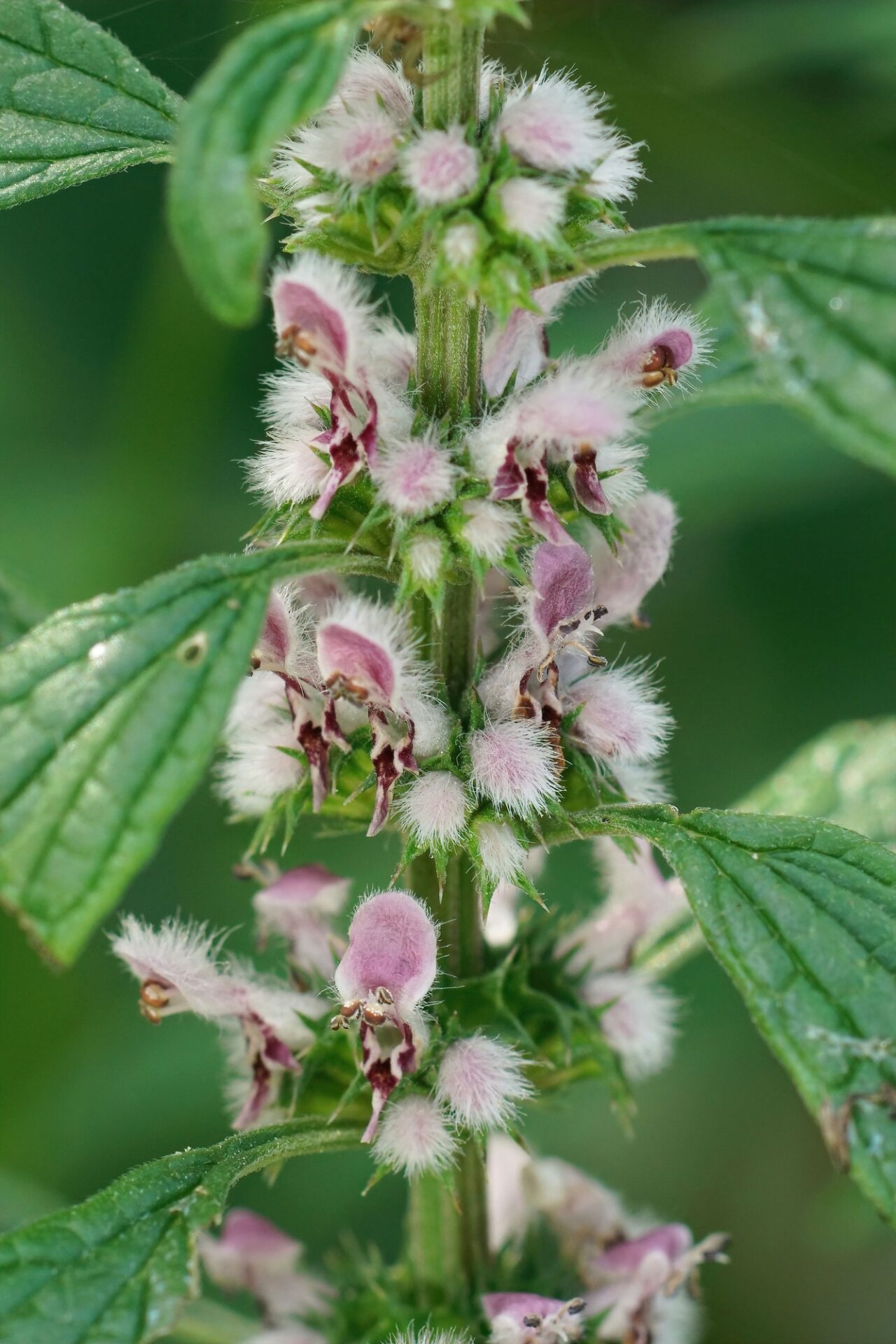
Countries such as Germany have authorized the use of motherwort to treat heart palpitations, anxiety, nervous disorders, and an overactive thyroid, which also causes irregular heartbeats. (12)
Herbalists consider motherwort an excellent herb for supporting a healthy parasympathetic nervous system. The American Pharmacopoeia considers it an herb utilized for “gladdening and strengthening the heart.” The recommended Therapeutic Range is between 250-500mg per day. (13)
Motherwort, also referred to as Lion’s Tail, has been used for centuries as a medicinal herb to treat heart disease and other physical and emotional conditions like menstrual distress, anxiety, and depression. (5)
In recent years, scientific evidence further supports the use of motherwort for heart conditions, including heart failure, irregular heartbeat, and heart symptoms caused by anxiety. This is partly due to its numerous plant-based compounds, antioxidants, and anti-inflammatory properties, including flavonoids, sterols, triterpenes, tannins, and alkaloids. For example, leonurine, an alkaloid compound found in motherwort, promotes the relaxation of blood vessel walls. (6)(7)(8)(9)(10)(11)


CoQ10 (Coenzyme Q10) is a nutrient you don’t want to miss! Studies show its health benefits include treating heart disease, cancer, and neurological diseases such as Parkinson’s.
CoQ10 plays a vital role in supporting and improving the function of the mitochondria, which are essential for energy production in the body. The heart muscle is known to have the most mitochondria per cell.
The body makes its own CoQ10; however, its production declines as we age. Factors that inhibit the production of CoQ10 include stress, illness, and the use of pharmaceutical medications such as cholesterol-blocking drugs like statins.
Deficiency in CoQ10 has been associated with physical and mental fatigue, cardiovascular disease, chronic inflammation, and retina and neurological conditions such as macular degeneration, glaucoma, and Alzheimer’s disease. In contrast, supplementation of CoQ10 could help alleviate these health conditions and signs of aging. When supplementing with CoQ10, the recommended Therapeutic Range is 100 – 400 mg daily. (14)(15)

CoQ10 (Coenzyme Q10) is a nutrient you don’t want to miss! Studies show its health benefits include treating heart disease, cancer, and neurological diseases such as Parkinson’s.
CoQ10 plays a vital role in supporting and improving the function of the mitochondria, which are essential for energy production in the body. The heart muscle is known to have the most mitochondria per cell.
The body makes its own CoQ10; however, its production declines as we age. Factors that inhibit the production of CoQ10 include stress, illness, and the use of pharmaceutical medications such as cholesterol-blocking drugs like statins.
Deficiency in CoQ10 has been associated with physical and mental fatigue, cardiovascular disease, chronic inflammation, and retina and neurological conditions such as macular degeneration, glaucoma, and Alzheimer’s disease. In contrast, supplementation of CoQ10 could help alleviate these health conditions and signs of aging. When supplementing with CoQ10, the recommended Therapeutic Range is 100 – 400 mg daily. (14)(15)
Magnesium is an essential mineral that we can’t live without. According to research, it is involved in over 300 enzymatic reactions in the body, including energy metabolism, nerve and muscle function, blood sugar regulation, and protein synthesis. (16)
The heart relies on magnesium to sustain a healthy heart rhythm and aids in activating mitochondrial energy production. Magnesium works together with calcium to contract and relax the heart muscle, creating a heartbeat. While calcium stimulates the muscle fibers of the heart, magnesium allows the fibers of the muscle to relax. (17)(18)
Aside from its necessary role in cardiovascular health, research shows that magnesium assists in improving depression, inflammation, insulin resistance, blood pressure, and athletic performance and is also known to aid premenstrual syndrome in women. (19)(20)(21)(22)(23)
A deficiency in magnesium may result in abnormal heart rhythms, fatigue and weakness, hypocalcemia, loss of appetite, muscle cramps and contractions, nausea and vomiting, or numbness. The Therapeutic Range for magnesium is 700-1100 mg per day. Some excellent organic food sources of magnesium include pumpkin seeds, spinach, swiss chard, green beans, and black beans.


Magnesium is an essential mineral that we can’t live without. According to research, it is involved in over 300 enzymatic reactions in the body, including energy metabolism, nerve and muscle function, blood sugar regulation, and protein synthesis. (16)
The heart relies on magnesium to sustain a healthy heart rhythm and aids in activating mitochondrial energy production. Magnesium works together with calcium to contract and relax the heart muscle, creating a heartbeat. While calcium stimulates the muscle fibers of the heart, magnesium allows the fibers of the muscle to relax. (17)(18)
Aside from its necessary role in cardiovascular health, research shows that magnesium assists in improving depression, inflammation, insulin resistance, blood pressure, and athletic performance and is also known to aid premenstrual syndrome in women. (19)(20)(21)(22)(23)
A deficiency in magnesium may result in abnormal heart rhythms, fatigue and weakness, hypocalcemia, loss of appetite, muscle cramps and contractions, nausea and vomiting, or numbness. The Therapeutic Range for magnesium is 700-1100 mg per day. Some excellent organic food sources of magnesium include pumpkin seeds, spinach, swiss chard, green beans, and black beans.


Have you ever heard the saying, “There is no such thing as too much garlic?” That’s because mankind has relied on garlic for thousands of years as a nutritional and medicinal food source. It is mentioned in legends, folklore, and modern science, and even documented as a food source prescribed by Hippocrates for its ability to protect against everything from common colds, metabolic conditions, liver disorders, poor digestion, intestinal worms, fever, and heart disease. (24)
One of garlic’s secret ingredients is a natural compound called allicin, which becomes activated when garlic is cut, chewed, or mashed. Research shows that allicin, along with other compounds found in garlic, relaxes blood vessels, prevents cell damage, reduces plaque buildup in the arteries, regulates cholesterol levels, and has anti-inflammatory effects that assist in lowering blood pressure. In addition to its heart-healthy benefits, garlic contains trace minerals, including copper, iron, magnesium, zinc, and selenium, all necessary for healthy metabolic functions. (25)(26)(27)
A great daily regimen is garlic marinated in honey. Take one teaspoon daily for its heart-healthy properties, and your immune system will thank you, too! If you are still hesitant to use this nutritious food source because it can create bad breath, try drinking lemon water afterward. That should stop the garlic breath! (28)
In addition to enhancing your diet with these nutrients, here are a few simple things you can add to your lifestyle to establish heart-healthy habits:
Get your teeth checked! Gum disease raises the risk of heart disease. Bad dental health can lead to blood infections, harming heart valves, and affect overall health.
Get moving! Your heart is a muscle, and as with any muscle, exercise is what strengthens it.
Eat heart-healthy organic foods and power up with mitochondria energy-producing nutrients mentioned above, including:
Green Super Foods – Clean & Strengthen the Blood
Vitamin C –Necessary for all cells of the body!
Omega 3 Fatty Acids –Anti-inflammatory & Healthy Fats for the Brain
Vitamin D –Easily Preventable Common Deficiency – Just a bit of sun will do it!
Vitamin E – Protects LDL cholesterol from oxidation, which leads to hardening of arteries
Choose nutrient-rich oils like extra virgin olive oil or coconut & avocado oils when cooking.
Consult with your trusted healthcare provider. Possible interactions may occur with certain prescription blood pressure and blood thinning medications, especially when supplementing with Hawthorn. It is always important to consult with a trusted healthcare professional before adding anything new to your diet.
M. Moriah Mor, a Naturopathic Practitioner and Certified Holistic Nutritionist, is the owner of GreenSilk.com. The company is committed to helping individuals lead healthier lifestyles through education, nutrition, life science research, and the development of Professional, High-Grade, Premium health products.
Recognized for her outstanding dedication and contributions to the health and wellness industry for more than 18 years, Moriah is a graduate of the Energetic Health Institute, AMCC, and the University of Southern California. Her interest is focused on researching the latest scientific breakthroughs in the holistic health field.
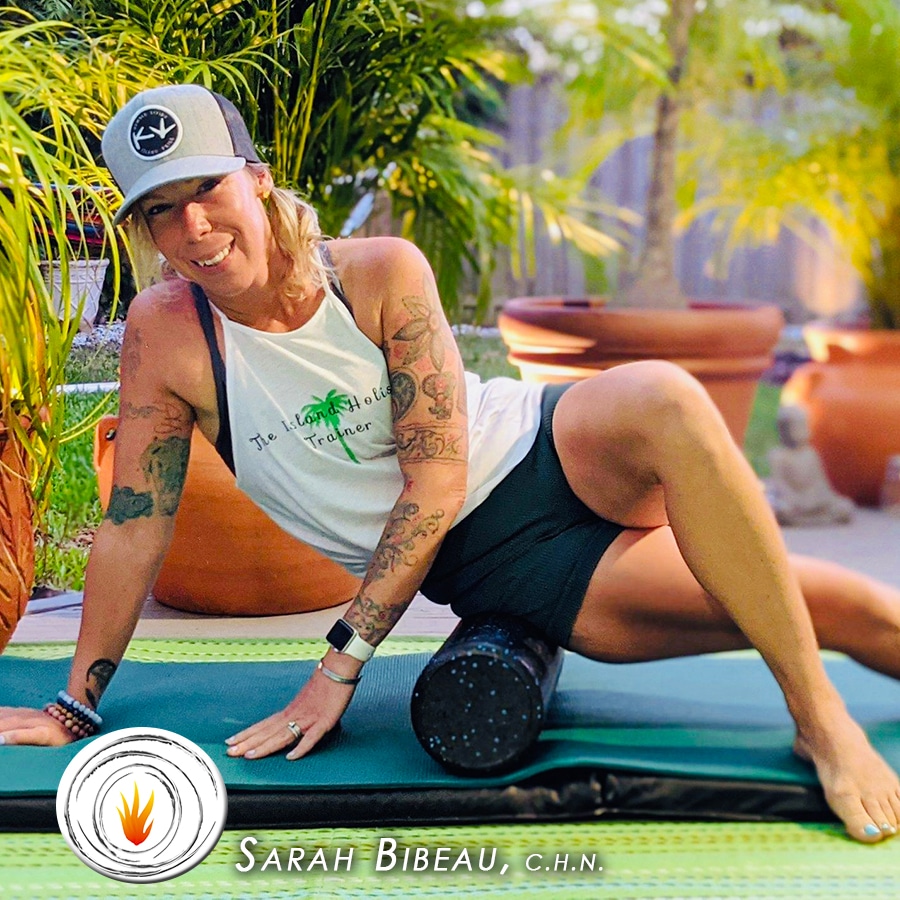

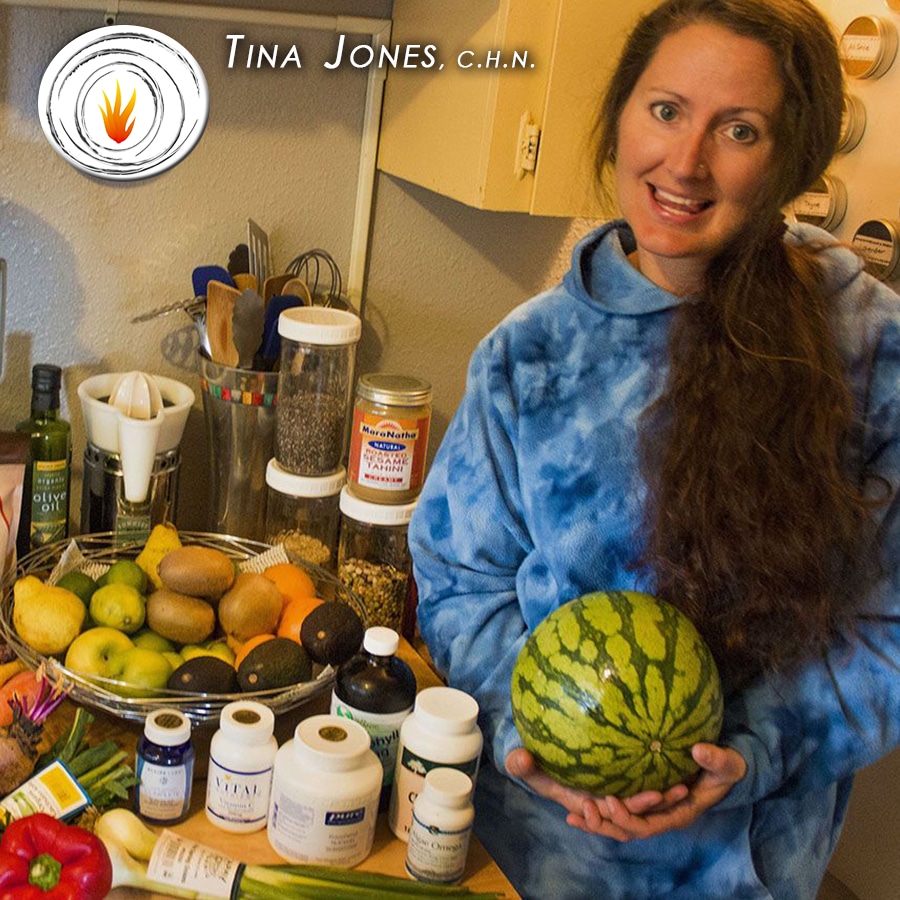
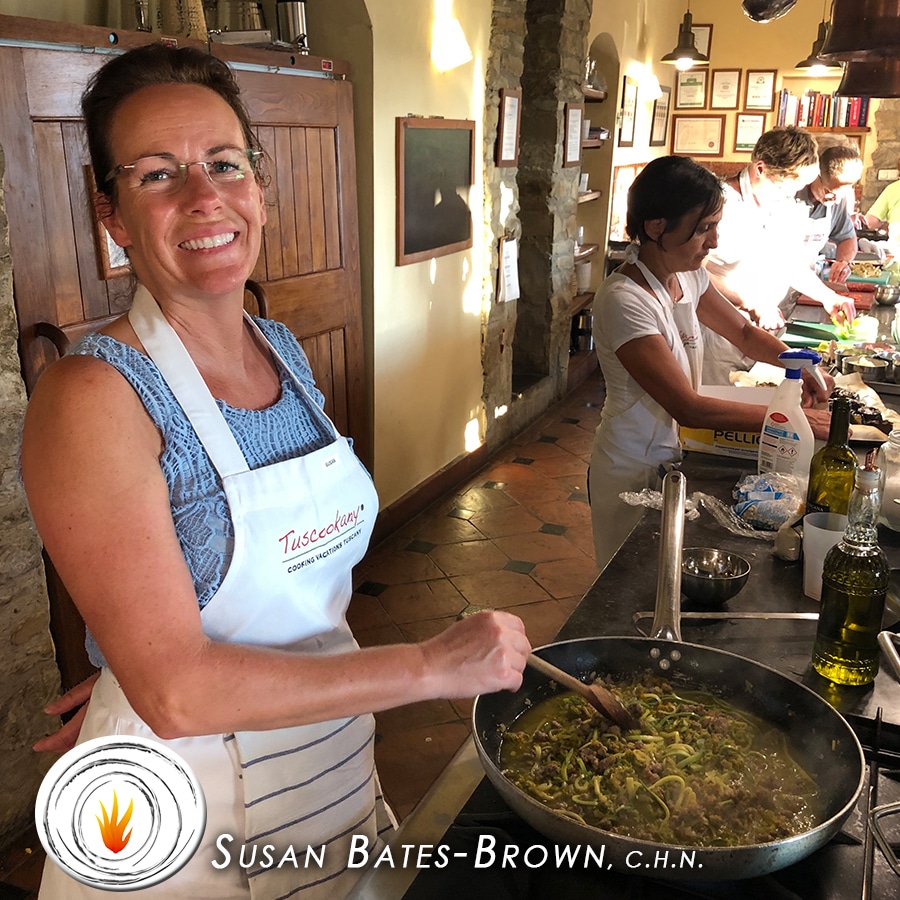

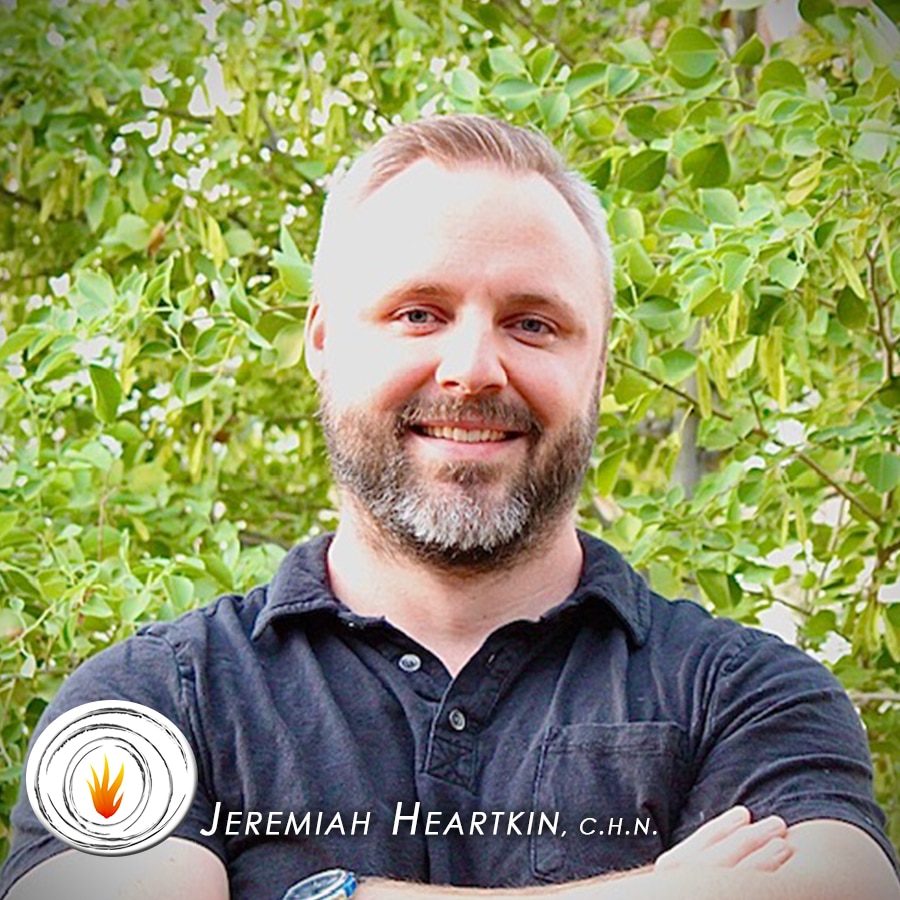
We may place these for analysis of our visitor data, to improve our website, show personalized content and to give you a great website performance. For more information about the cookies, please view our policy at https://www.energetichealthinstitute.org/school-policies-general-info/
Essential cookies enable basic functions and are necessary for the proper function of the website.
You can find more information in our School Policies & General Info.